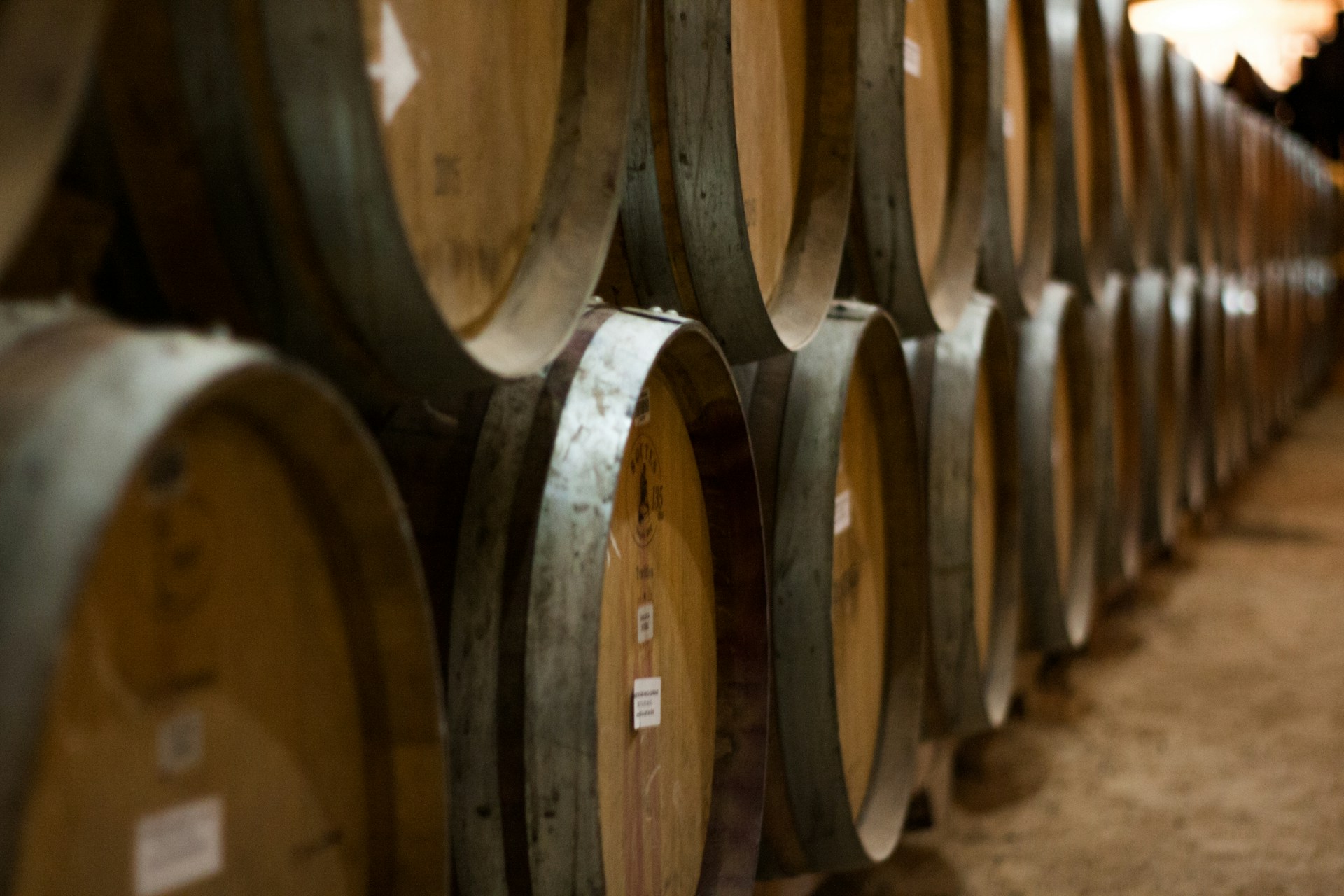
Prohibition: The History of Tennessee Whiskey
When it comes to alcohol, Tennessee is no stranger to legal highs and lows. Our predecessors started distilling moonshine and whiskey centuries ago, and over time, our state has developed its own distinctive Tennessee whiskey. While the original distillers excelled at their craft, the government made life difficult for both those creating spirits and those enjoying them.
Let’s look at a brief history of Tennessee’s alcohol to understand how the home of the Great Smokey Mountains, the heart of country music, and the state famous for barbecue and hot chicken developed its famous Tennessee whiskey.
The Origins of Whiskey in Tennessee
As Scottish and Irish immigrants moved through the country from Virginia and Pennsylvania to the frontier in the 1700s, they brought along their love of whiskey and their distillation skills. The drink, made initially using rye instead of corn, gained popularity nationwide. Many farmers began growing corn, considered a more reliable grain source for distillation.
What is Tennessee Whiskey?
Not all whiskeys produced in Tennessee are Tennessee Whiskeys. Distillers must meet specific requirements to call spirits distilled in the state by that name legally. Since 2013, Tennessee whiskey has been defined as spirits distilled from 51% corn and aged in new charred oak barrels, and the whiskey has been made using the Lincoln Process, which steeps or filters the spirits through charcoal chips before being barrelled.
The result? Tennessee whiskey is smooth and has a slightly sweeter taste than other whiskies. Thanks to the charcoal filtration, you’ll notice notes of caramel and honey with a smokey hint.
Whiskey vs. the Government
In Tennessee, whiskey creators haven’t always had the easiest relationship with the law. From its very early days, the Temperance Movement tried to push for abstinence from alcohol. In 1829, the first Tennessee Temperance societies met in Kingston and Nashville, posing a real threat to the Tennessee whiskey industry.
In the coming years whiskey producers, sellers, and drinkers faced more hurdles from the government.
The First Prohibition Law
In January 1838, the United States’ first prohibition law was passed in Tennessee. The sale of liquor in taverns and stores was made illegal, and those caught were fined.
Luckily, the law didn’t stick, and by the middle of the 1800s, there were over 700 licensed distilleries in Tennessee.
The Four-Mile Law
Fast forward a few decades, and in 1877, the Four-Mile Law was enacted, banning the sale of alcohol within four miles of any chartered rural school. By 1887, this law had been extended to include public schools, which essentially outlawed the sale of alcohol in any rural area. By 1909, it had been extended to all areas of Tennessee.
The Adams Bill and Pendleton Act
Six years later, the Adams Bill went one step further by enforcing liquor sale restrictions in all towns with less than 5,000 people. The inhabitants of these towns voted to go “dry” or stay “wet” and allow the sale of alcohol. Only six voted to be wet, along with the nine larger cities of the state.
By 1909, the Pendleton Act ensured that the Four-Mile law applied to larger cities, and the result was only a few remaining wet cities: Memphis, Nashville, Chattanooga, and LaFollette.
The “Bone-Dry Bill” and the 18th Amendment to the Constitution
By 1917, the wheels were in motion for complete prohibition. The Bone-Dry Bill banned the transportation of liquor and made it illegal to possess or receive alcohol.
It wasn’t surprising then that the 18th Amendment to the Constitution in 1920 meant the Prohibition Era we know today began with all guns blazing.
A move that was designed to promote the American economy, reduce problems caused by alcoholism, and help its citizens in general backfired. Today, the underground world of the Prohibition Era has become the stuff of fantasy and Hollywood. Speakeasies, bootleggers, and mob wars are all now better known in popular culture than the temperance laws that started them.
Tennessee Whiskey Today
When Prohibition ended in 1933, the whiskey industry bounced back, fighting. Jack Daniel’s, the most well-known Tennessee whiskey distiller, reopened its doors in 1940, and the whiskey scene in Tennessee has only continued to develop.
Our state became home to some of the century’s most famous voices and musical movements, and our rich, distilling history definitely played a role. The Old Tennessee Distilling Company began in 2014 under Thunder Road Distillery. Not long after, our whiskey-rich corner of East Tennessee attracted visitors from across the country eager to follow the Tennessee Whiskey Trail and learn about our state’s bumpy whiskey history.
Visit us in Kodak, TN, for a taste of Tennessee whiskey, $5 cocktails and award-winning moonshine.

